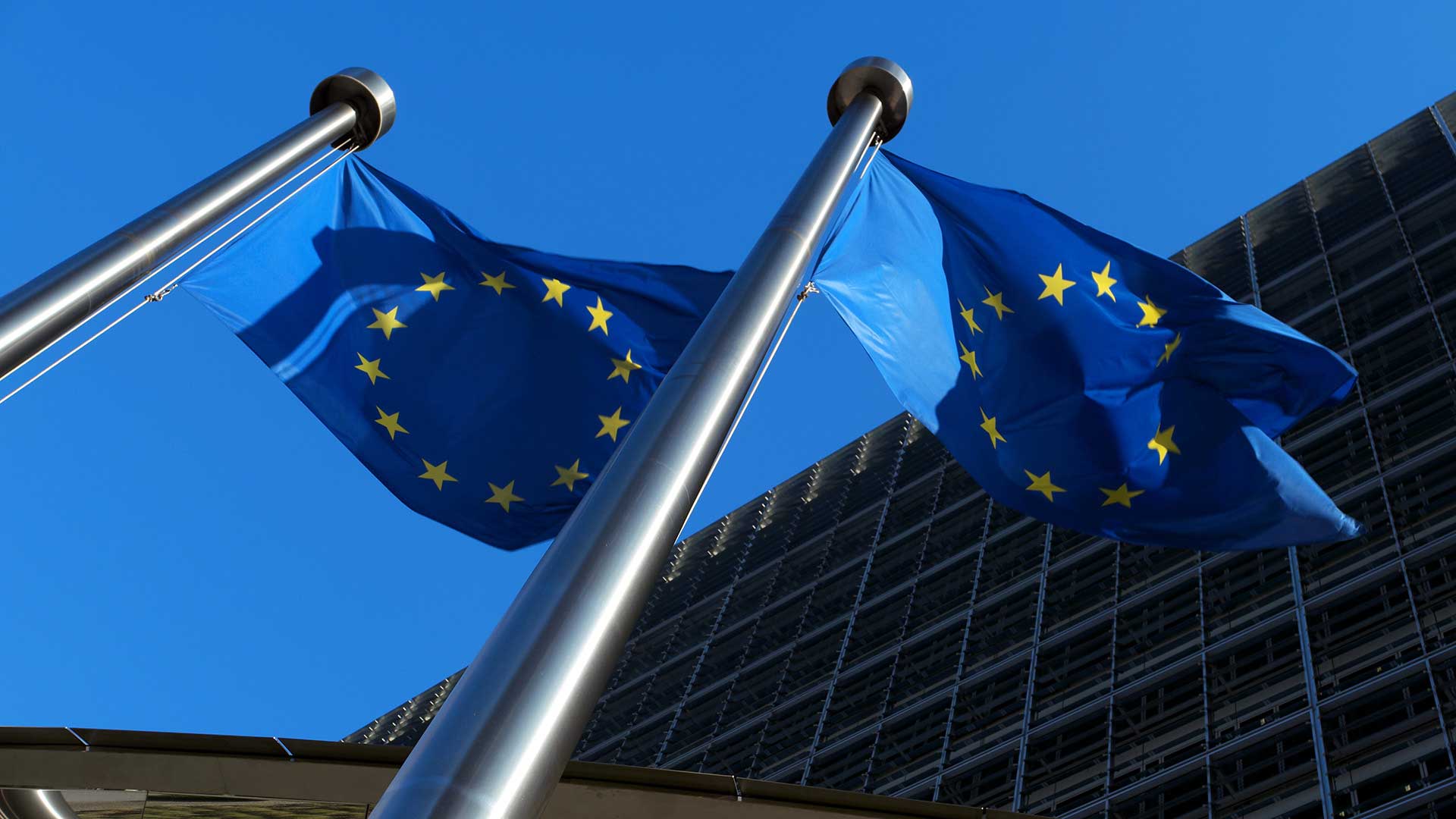As the European Central Bank (ECB) writes, the ongoing digitalisation of the economy affects almost all aspects of daily lives, including the ways in which European citizens pay. The Eurosystem has a key interest in understanding how the payment landscape is evolving and how citizens in the euro area pay for goods and services, as well as how they pay to each other. Ensuring access to means of payment, cash and cashless, is at the heart of both the Eurosystem’s retail payments strategy and its Cash 2030 strategy.
In 2019, and in 2021, Verian was appointed by the European Central Bank to conduct the Study on the Payment Attitudes of Consumers in the Euro Area (SPACE), and thus create the evidence required for the ECB to design an effective payment system that ensures access to the required means of payment for all consumers in the Eurozone.
This programme is multilateral in scale, requiring timely data provision and the highest level of data rigour. Working simultaneously across 17 European nations, we employed a model-based approach to sampling, drawing on techniques used in electoral research. A non-probability population sample was modelled to a probability one, which then acted as a benchmark via a multi-stage weighting process. Key strategies that played a role in the success of SPACE were a three-step data collection approach involving a questionnaire, a payment diary and accompanying questionnaire that were designed to complement each other seamlessly; the use of incentives and behavioural nudges to increase response rates; and the imputation of missing data via machine learning models. Data imputation allowed our data analysts to approach the missingness and outlying responses within SPACE in a robust way, while keeping the survey design efficient.
The study allowed the ECB and the central banks to leverage fundamental information on the cash and payment economy in Europe for the development of their policies and strategic decisions. The ECB SPACE timeseries builds on the predecessor SUCH survey (carried out between 2015 and 2016). Comparisons with past data offered additional insights into consumers’ shifts in payment behaviours and attitudes.
Other work
Our latest thinking
Subscribe to receive regular updates on our latest thinking and research across the public policy agenda.
Our expert teams around the world regularly produce research and insights relating to public policy issues.
If you are interested, please provide your details. You can unsubscribe at any time.





